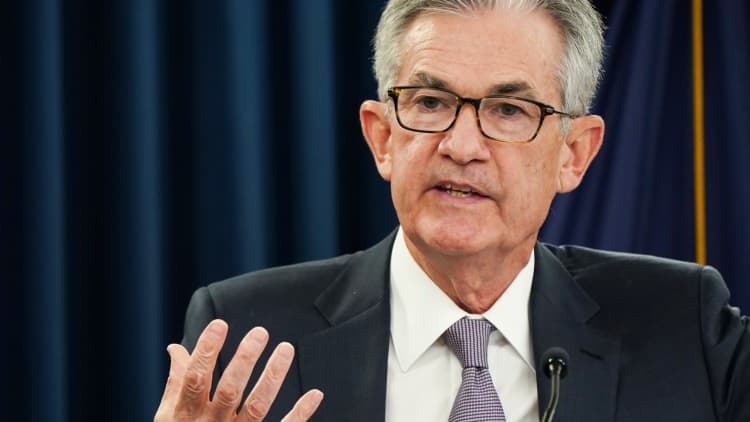
The U.S. government is better suited to respond swiftly to the coronavirus than it was to the 2008 financial crisis, Morgan Stanley's Michael Zezas told CNBC on Monday.
"Unlike the financial crisis, there really isn't much of a moral hazard issue here," the bank's head of U.S. public policy research said on "Squawk on the Street." "You're not sort of rescuing folks from making poor decisions from themselves."
The concept of "moral hazard" has been associated with the actions of banks in the run-up to the financial crisis. It describes a belief that banks minimized or disregarded risky actions because they believed the government would step in with taxpayer dollars in case of emergency.
Zezas said he thinks lawmakers are aware of the fact that the coronavirus is a biological and public health crisis that carries significant economic consequences, not one beginning in the financial sector and emanating outward.
"I don't think that's really is lost on anyone and, in fact, I think it probably helps speed things along," he said.
In particular, Zezas said the disagreement between OPEC and its allies over oil production cuts likely drove home just how serious the economic threat of the outbreak is.
"It made the economic risks acute and alive in a number of states where representatives from Congress might have been resistant to thinking about economic impacts" from the coronavirus, he said.
The House passed a coronavirus relief package early Saturday morning with bipartisan support, including from President Donald Trump.
The bill, which now heads to the Senate, mandates private health insurers provide coronavirus testing at no cost. It also mandates companies with fewer than 500 employees and government employers offer two weeks of paid sick leave.
The legislation also directs $1 billion into emergency state grants for providing unemployment insurance benefits and increases funding for food assistance programs.
Congress previously passed an $8.3 billion emergency measure that directed money toward prevention efforts and research in hopes of accelerating vaccine development.
The Federal Reserve also implemented its second emergency action Sunday night, reducing interest rates to near zero and launching a $700 billion quantitative easing program. The Fed's basket of policy actions mirrored what it instituted in response to the financial crisis.


